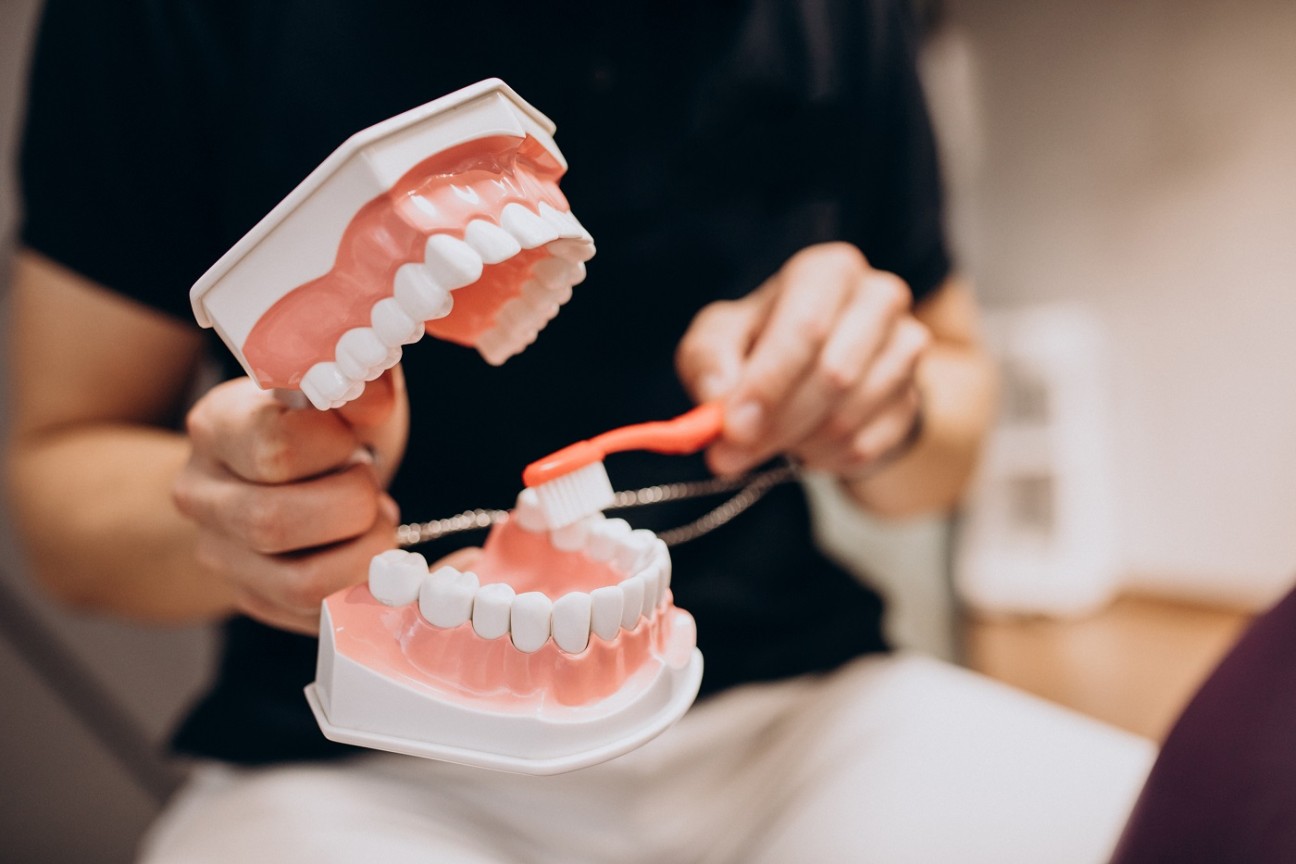Cookies are used on this website.
For detailed information about cookies, you can review the Semboldis Cookie Policy.

In one survey, up to 30 percent of Turkish people said they felt uneasy while sitting in the dentist's chair. In one out of ten people, the fear is so pronounced that experts suspect about the phobia, dental phobia. The road to a comfortable relationship with the dentist can be difficult, but it is possible.
Dentistry has made tremendous advances in the last few decades. Even root canal treatment is now largely painless. But this was not always the case. Anyone who is middle-aged today has had to go through often extremely painful experiences in childhood. Also, in the past, parents and dentists were not as sensitive to fear and anxiety as they are today. "Don't be such a coward!" His demand, coupled with a sense of not being taken seriously, has sparked a deep-seated fear that has haunted many for decades.
Today, dental practice goes to great lengths to make dental visits enjoyable for children. This often starts with kid-friendly, cheerful rooms. From the very beginning, dentists try to gain the child's trust with friendly and child-friendly explanations. Many large practices even have dentists, often specializing in children.
In no case should parents transfer their fear of the dentist to their children. It is better to make visiting the dentist an exciting experience. If a child-friendly practice is chosen, the child can focus on the toys in the waiting room, small gifts such as a colored toothbrush and of course the friendly dentist. There are now children's books about going to the dentist, the treatment and the equipment used. A child-friendly dentist will take the time to explain each step and explain why it hurts or the tooth is tickled. This is very important: Take your child for regular medical checkups, even if there is no acute pain. If the child is taken to the dentist only when a complex and painful treatment is required, the dentist will, of course, immediately associate this with an unpleasant pain.
In adults, fear of the dentist is often profound. Painful, unpleasant experiences in childhood or adolescence are deeply entrenched in the psyche. Then the typical smell of the dentist's office or the sound of the drill causes sweating. Many anxious people sleep poorly the night before they go to the dentist and don't think about anything else.
Often a vicious circle ensues: people run from the dentist out of fear. Teeth rot and there is no other way than painful, complex treatment that eventually exacerbates dental phobia.
According to one study, about 30 percent of patients' fears stem from negative childhood experiences. Another third are afraid of other people's scary stories. The last third do not give exact reasons. Primitive human fears are suspected, first of all, including a sense of helplessness in the dentist's chair.
A trusting relationship with the dentist is essential to reduce fears. Dentists take different approaches to dealing with anxious patients. It may be easiest for both parties to use laughing gas during treatment or to perform a complex treatment under general anesthesia. However, none of these help against primary fear of the dentist.
The dentist gives tips and explains every move to help the patient relax in the dental chair.